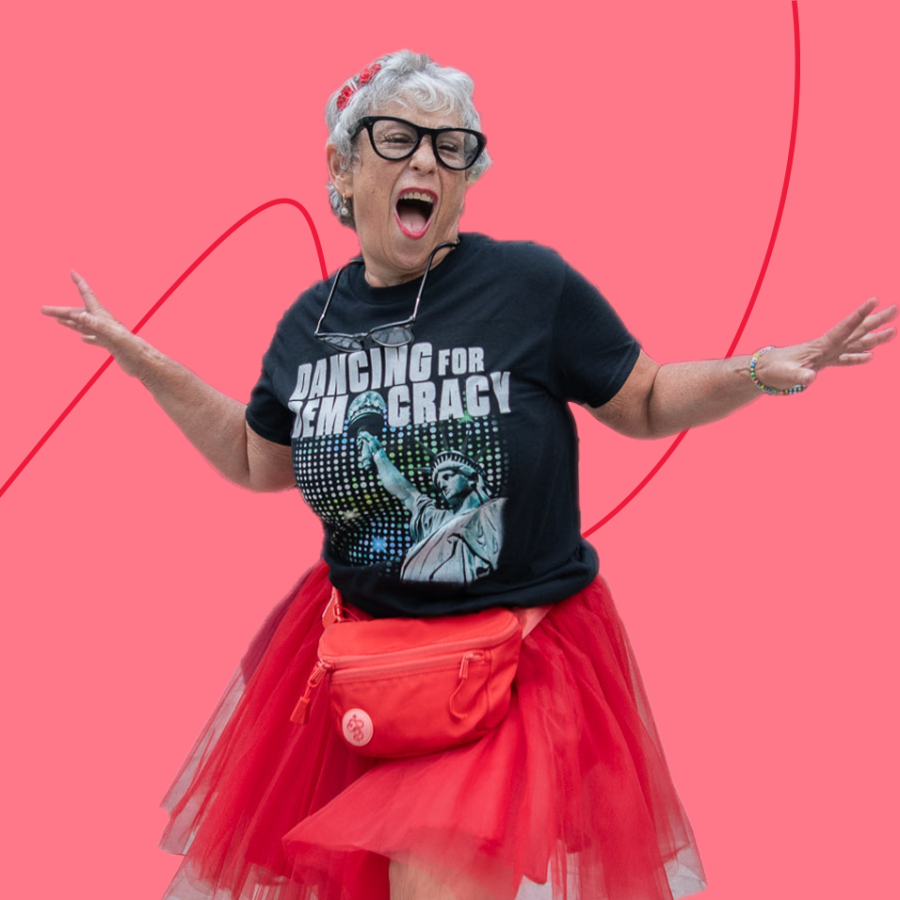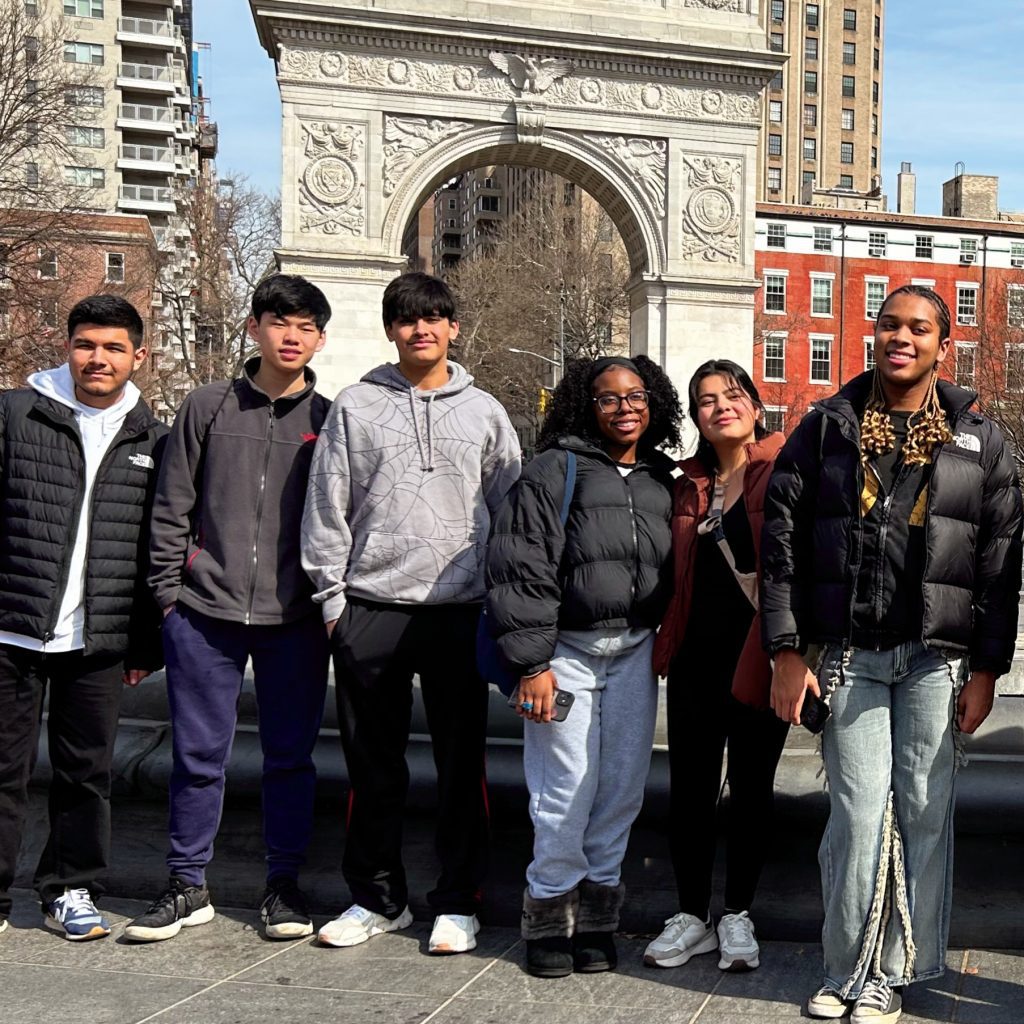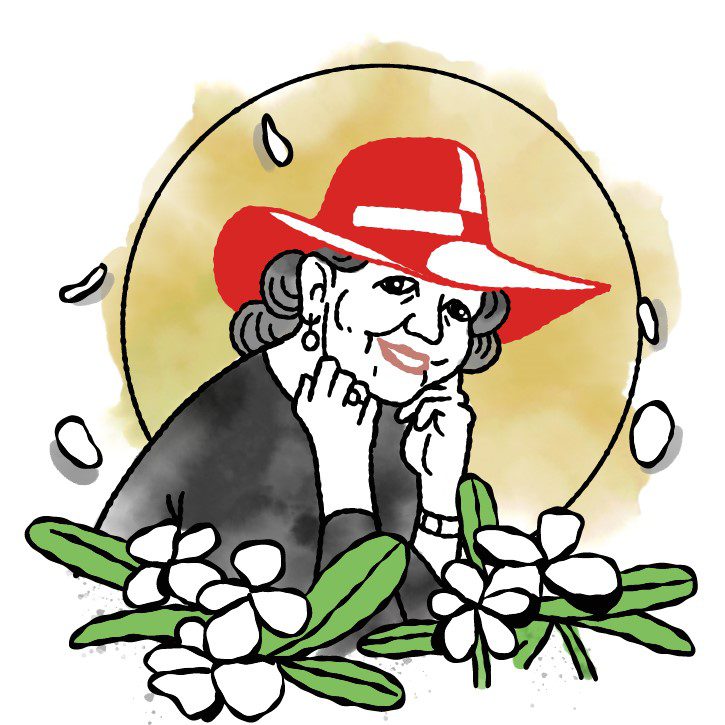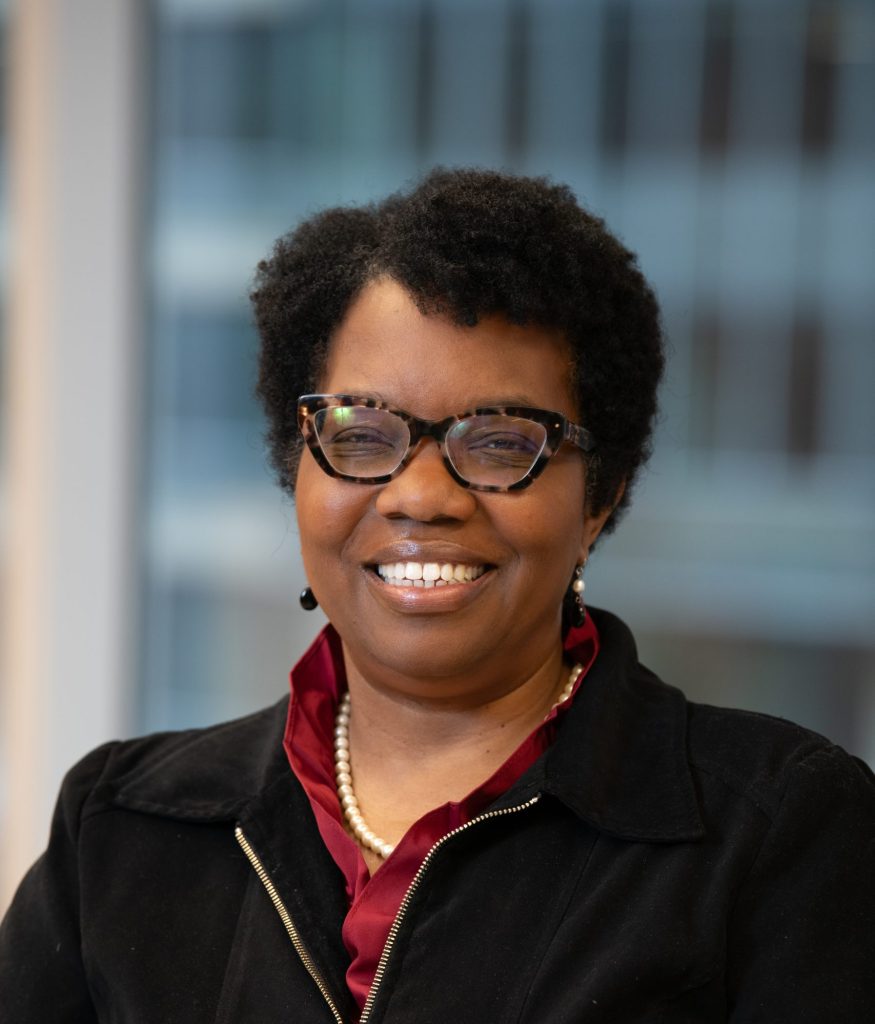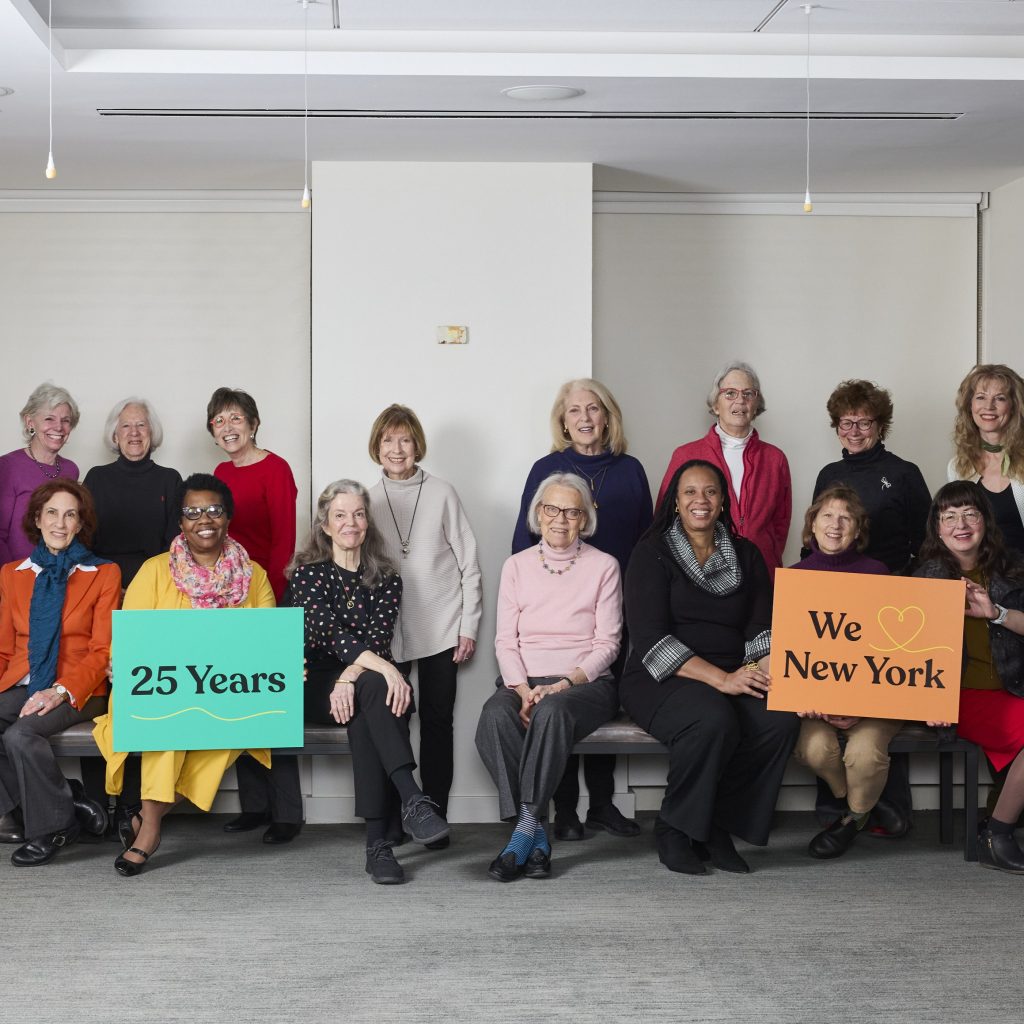Our incredible grantees often score major wins that change policy, promote equity, advance justice, and help our region thrive. We’re excited to share some recent examples, made possible by generous donors who created charitable legacies at The Trust for the good of future New Yorkers.
Decades later, our donors’ heartfelt, visionary gifts continue to make life-changing work possible. Stewarded by our expert grantmaking staff, this generosity helps nonprofits offer bold and thoughtful solutions to pressing challenges, securing rights and opportunity for all New Yorkers.
Thank you to our donors, supporters, and nonprofit colleagues for your role in these victories. Together, we can help ensure brighter futures for generations to come.
Arts Education
Visual and performing arts education delivered virtually
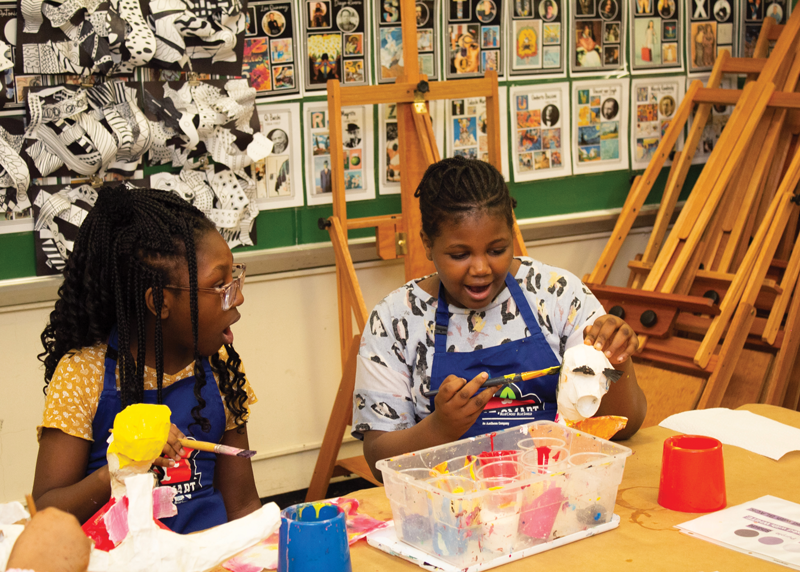
During the height of the pandemic, as New York City faced the myriad challenges of transitioning the nation’s largest school district to remote learning, Carnegie Hall, Roundabout Theatre, Studio in a School, and the 92nd Street Y helped public schools provide virtual dance, music, theater, and visual arts programming to more than half a million students and developed resources and trainings that continue to support teachers citywide.
The Trust’s DeWitt Wallace Fund for Youth helped ensure that young people throughout the city could participate in arts programming during remote learning.
Justice
Legal wins raise and recover workers’ wages
Westchester’s Worker Justice Center represents workers pro bono in class-action litigation to prevent wage theft, illegal discrimination, and labor trafficking. With the Raise Up NY Coalition, it helped raise the hourly minimum wage in Westchester County from $15 in 2022 to $16 in 2024, and $17 in 2026, with future increases tied to inflation. Center attorneys also settled two federal lawsuits that recovered wages owed and damages for Westchester workers.
The Dominican Sisters of Hope Empowerment Fund, which promotes social justice and the transformation of systems that perpetuate poverty, oppression, and injustice, helped make these victories possible.
Older Adults & Affordable Housing
$2 billion won to house low-income New Yorkers
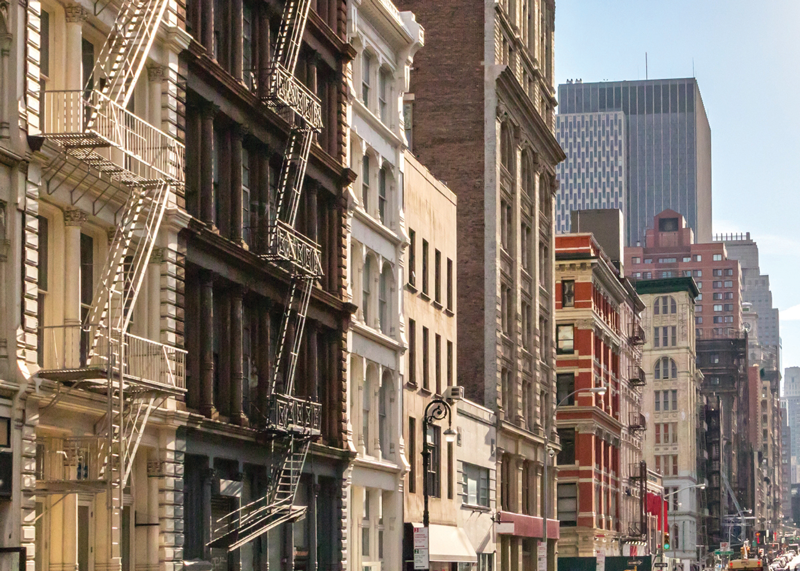
In recent years, the number of older New Yorkers in city shelters has more than doubled, while homelessness among all ages has reached the highest levels since the Great Depression. LiveOn NY’s advocacy led the city to allocate $2 billion towards affordable housing, including for older New Yorkers, in its 2024 budget. The New York Times and other media covered the agency’s report on homelessness among older adults and the city’s affordable housing crisis.
This grant combined contributions from six funds at The Trust, including the Lucy Wortham James Memorial Fund and the Frederic H. Leonhardt Fund, which provide unrestricted funding for our strategic grantmaking.
Environment
A New York law leads to cleaner drinking water nationwide
Until recently, a dangerous chemical known as 1,4-dioxane lurked in detergents, baby shampoos, and other personal care products, eventually leaching into drinking water. Citizens Campaign for the Environment used our grant to successfully advocate for a first-in-the-nation law requiring manufacturers to greatly reduce the amount of the likely carcinogen in personal care products sold in New York State. This caused industries across the country to reformulate products with dramatically less 1,4-dioxane.
Our Henry Phillip Kraft Family Memorial Fund supported this grant.
Democracy
Community-driven efforts increase voting rates
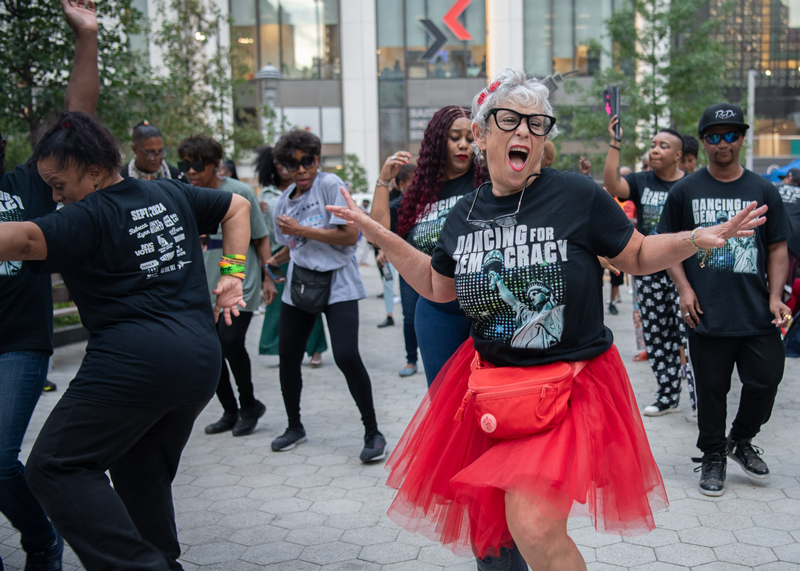
New York City has one of the lowest voter turnout rates in the country. The GoVoteNYC funder collaborative at The Trust supports nonprofits’ nonpartisan efforts to increase voter turnout across the five boroughs, reaching close to 2 million New Yorkers each year—many of whom are infrequent voters. One study found that GoVoteNYC grantees nearly doubled voting rates among low-turnout voters through their canvassing work.
The GoVoteNYC funder collaborative housed at The Trust brings together nearly a dozen foundations to make grants and learn alongside grantees how best to advance civic engagement.
Community Development
Free storefront space boosts small businesses
High rents can stymie entrepreneurs, while many New York storefronts lie vacant. Chashama used our grant to connect 250 creative small businesses owned by women and people of color with temporary rent-free retail space, along with technical and financial assistance to help their businesses grow. Participants earned a total of $1.2 million and hired 300 new staff. Eighty percent reported plans to expand, and a third are pursuing commercial leases.
This grant was made possible by the Richard and Mildred T. Rhodebeck Fund and the Lila Acheson Wallace Fund for the Arts.
Newest New Yorkers
Coalition helps thousands navigate immigration court
To address increasing demand for immigration legal aid services in New York City, a coalition of nonprofits, including African Communities Together, Catholic Migration Services, Central American Legal Assistance, Masa, New York Legal Assistance Group, and Venezuelans and Immigrants Aid, created the Pro Se Plus Project to train people to represent themselves in immigration court. The Project held 90 community presentations, reaching more than 6,000 people, and trained more than 1,800 advocates to help people apply for immigration relief.
The Lucy Wortham James Memorial Fund and Major Fund, which both support the good of the region, made these grants possible.
People With Disabilities
Paid government internship program expanded
Internships provide crucial training for people with disabilities and help dispel employers’ misconceptions about their potential. With Trust funding, AHRC’s Partnership for Inclusive Internships placed New Yorkers with disabilities in paid internships at city and state agencies in fields such as data entry, architecture, and public policy. The city recently announced plans to expand and fund the project over three years and ultimately incorporate it into its workforce development programming.
This grant was made possible in part by the Wilhelm Loewenstein Memorial Fund, which supports health and welfare in New York City, and the Jack Goldring Fund, which benefits people with intellectual or developmental disabilities.
